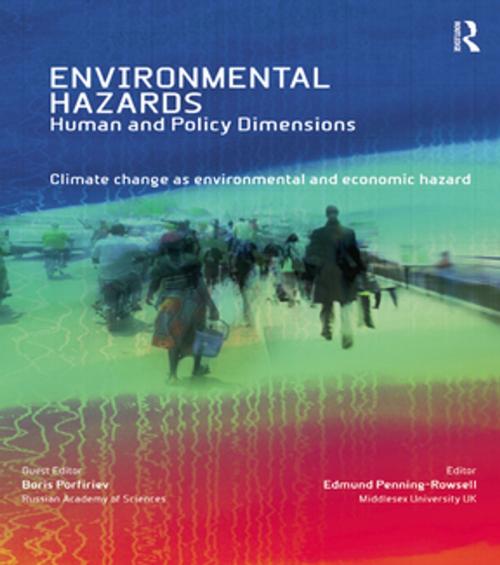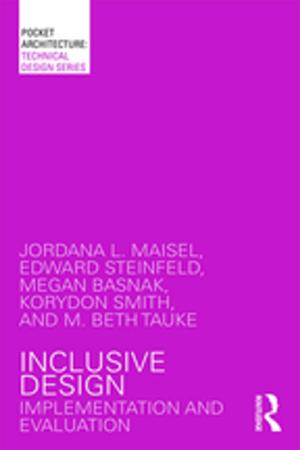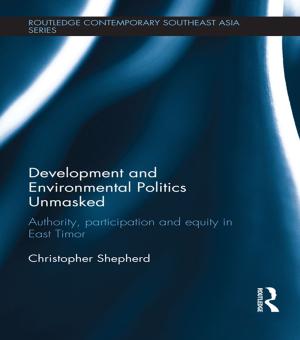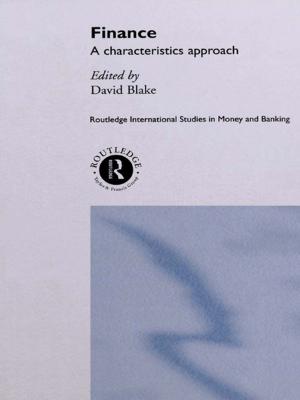Climate Change as Environmental and Economic Hazard
Nonfiction, Social & Cultural Studies, Political Science, Government, Public Policy| Author: | ISBN: | 9781136546211 | |
| Publisher: | Taylor and Francis | Publication: | December 1, 2009 |
| Imprint: | Routledge | Language: | English |
| Author: | |
| ISBN: | 9781136546211 |
| Publisher: | Taylor and Francis |
| Publication: | December 1, 2009 |
| Imprint: | Routledge |
| Language: | English |
The current policy for climate change prioritises mitigation over adaptation. The collected papers of Climate Change as Environmental and Economic Hazard argue that although efforts to reduce greenhouse gas emissions are still vital, the new policy paradigm should shift the priority to adaptation, with a special focus on disaster risk reduction. It should also consider climate change not purely as a hazard and a challenge, but as a window of opportunity to shift to a new sustainable development policy model, which stresses the particular importance of communities' resilience.
The papers in this volume explore the key issues linked to this shift, including: ' Increasing research into the Earth Sciences, climate reconstruction and forecasting in order to decrease the degree of uncertainty about the origin, development and implications of climate change; ' The introduction of more binding and comprehensive regulation of both greenhouse gas emissions and adaptation measures, like that in the United Kingdom; ' Matching climate policy with that for disasters and mainstreaming it into overall development strategies. The volume is a valuable addition to previous climate change research and considers a new policy approach to this new global challenge.
The current policy for climate change prioritises mitigation over adaptation. The collected papers of Climate Change as Environmental and Economic Hazard argue that although efforts to reduce greenhouse gas emissions are still vital, the new policy paradigm should shift the priority to adaptation, with a special focus on disaster risk reduction. It should also consider climate change not purely as a hazard and a challenge, but as a window of opportunity to shift to a new sustainable development policy model, which stresses the particular importance of communities' resilience.
The papers in this volume explore the key issues linked to this shift, including: ' Increasing research into the Earth Sciences, climate reconstruction and forecasting in order to decrease the degree of uncertainty about the origin, development and implications of climate change; ' The introduction of more binding and comprehensive regulation of both greenhouse gas emissions and adaptation measures, like that in the United Kingdom; ' Matching climate policy with that for disasters and mainstreaming it into overall development strategies. The volume is a valuable addition to previous climate change research and considers a new policy approach to this new global challenge.















